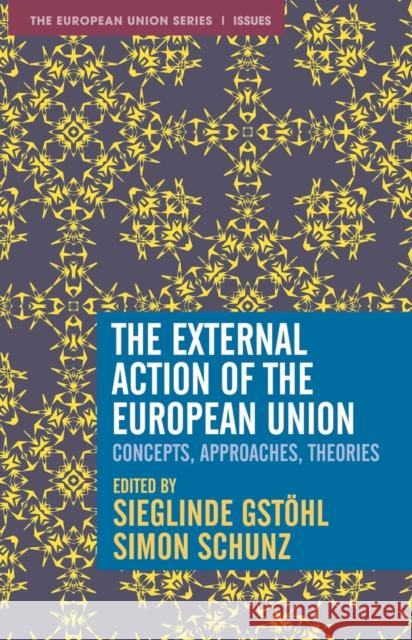The External Action of the European Union: Concepts, Approaches, Theories » książka
topmenu
The External Action of the European Union: Concepts, Approaches, Theories
ISBN-13: 9781352012125 / Angielski / Miękka / 2021 / 347 str.
The External Action of the European Union: Concepts, Approaches, Theories
ISBN-13: 9781352012125 / Angielski / Miękka / 2021 / 347 str.
cena 171,37
(netto: 163,21 VAT: 5%)
Najniższa cena z 30 dni: 170,32
(netto: 163,21 VAT: 5%)
Najniższa cena z 30 dni: 170,32
Termin realizacji zamówienia:
ok. 22 dni roboczych.
ok. 22 dni roboczych.
Darmowa dostawa!
Kategorie BISAC:
Wydawca:
Red Globe Press
Seria wydawnicza:
Język:
Angielski
ISBN-13:
9781352012125
Rok wydania:
2021
Wydanie:
2021
Numer serii:
000325876
Ilość stron:
347
Waga:
0.52 kg
Wymiary:
23.39 x 15.6 x 1.96
Oprawa:
Miękka
Wolumenów:
01











